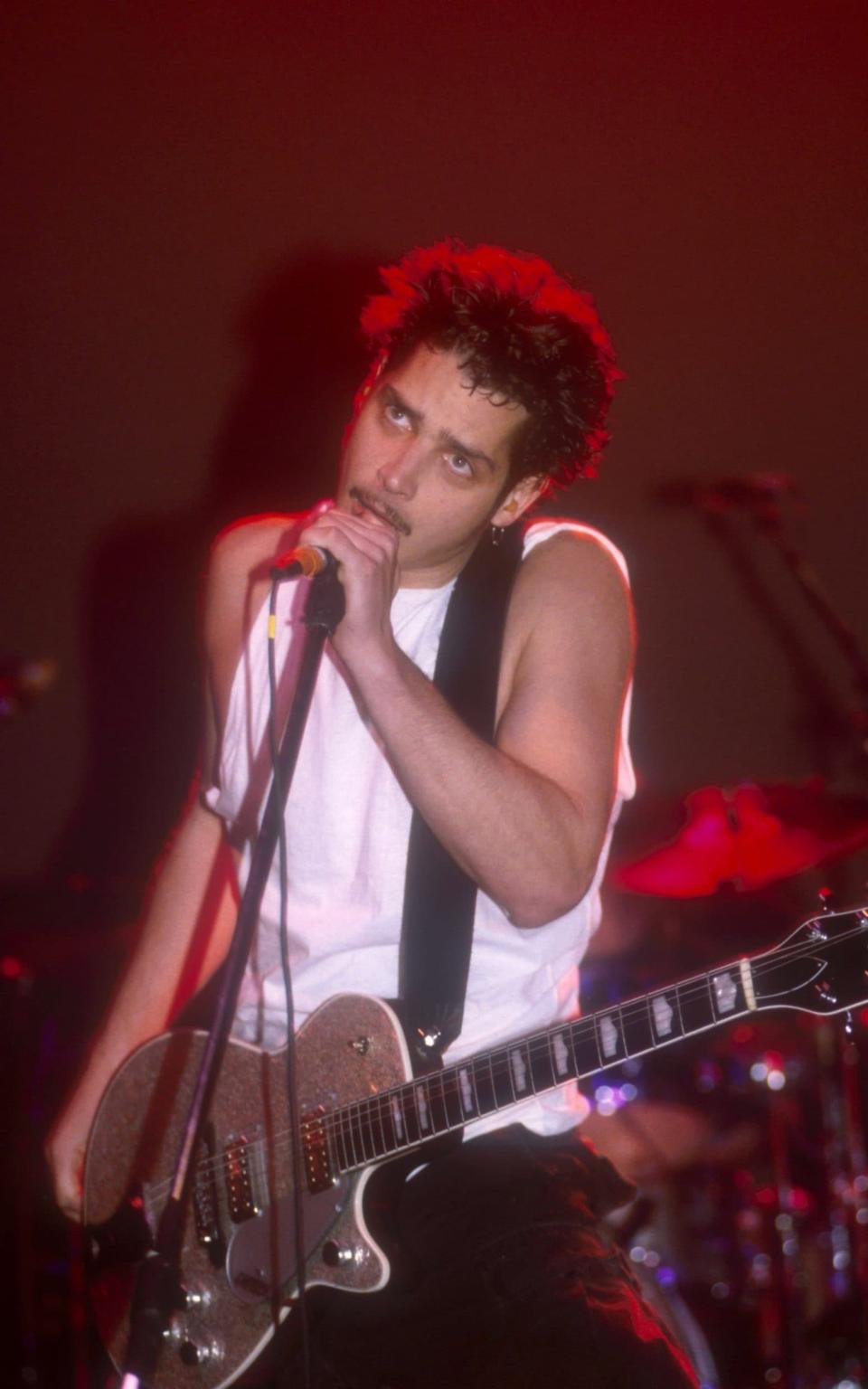Who are Soundgarden, and what did Chris Cornell do next?

Soundgarden frontman Chris Cornell, dubbed the greatest rock singer of his generation, died this Wednesday aged 52. Here's everything you need to know about the band that made his name, from their biggest hits to the story behind their sudden break-up.
Who were Soundgarden?

Formed in Seattle in 1984, Soundgarden were a US hard rock band who became one of the leading lights of the grunge movement that exploded from the north-west of America in the early 1990s. Along with Nirvana and Pearl Jam, Chris Cornell's band pioneered a sound that mixed sludgy and de-tuned guitars – somewhere between punk, metal and shoegaze – with darkly neurotic lyrics. In occupying the middle ground between the heavy metal of Black Sabbath and the psychedelia of the Beatles, they were one of the biggest bands of the era.
How successful were they?
Soundgarden were huge, selling well over 20 million records worldwide. As importantly, though, they took an underground sound into the mainstream. Initially signed to independent Seattle label Sub Pop, later home to Nirvana, Soundgarden were the first grunge band to sign to a major record label. Fans cried "sell out" as they toured with the likes of Guns N Roses, whose LA-influenced hair metal and noodly guitar solos were anathema to grunge. But huge MTV exposure introduced them to millions of new fans.
What were their biggest hits?
The group’s best known song is Black Hole Sun, the third single from 1994’s Superunknown. Released the month after Nirvana’s Kurt Cobain died, the slow Beatles-eque song resonated with a music world in shock. It became a big MTV hit and won a Grammy for Best Hard Rock Performance.
Why did they break up?
Soundgarden split suddenly in April 1997 after the relative under-performance of their 1996 album, Down on the Upside. Less heavy than its predecessor Superunknown, the album only sold a million copies in the US compared to Superunknown’s five million. The album’s acoustic flourishes and – whisper it – occasionally upbeat vocals were a clear departure for the band and suggested that Cornell was agitating to move away from the grunge sound. The split came after bass player Ben Shepherd walked off stage during a show in Honolulu after equipment failure. It was to be Soundgarden’s last show for 12 years.

What did Cornell do next?
Cornell released a solo album in 1999 called Euphoria Morning. Tonally lighter still, but rather earnest, it didn’t perform well. Two years later he joined Audioslave, a supergroup of sorts formed with members of Rage Against the Machine. Their three albums of Zeppelin-esque hard rock broke no moulds, but what Cornell did next surprised everyone. Scratching that itch to experiment and following his Casino Royale Bond theme in 2006, he released Scream, a dance-rock fusion album produced by Timbaland, a producer better known for working with Justin Timberlake and Missy Elliott. It was a big-budget flop, its ambitious experimentation condemned as embarrassing by many who heard it.
Soundgarden reunited in 2010 and released a new album, Animal Kingdom, in 2012. That summer they headlined a rain-soaked Hyde Park. Last autumn they started writing for a new album.
In the meantime, Cornell continued to tour as a solo artist. I saw him last May at the Royal Albert Hall in what would turn out to be his last ever UK show. Largely acoustic, but occasionally employing drum loops and a turntable, the gig was a revelation. Stripped down, the songs showcased Cornell’s rasp in a new light. A highlight was a version of Led Zeppelin’s Thank You, played to a rapt Jimmy Page in the audience. A fitting, if sad, finale.
Culture stars who have died in 2017


